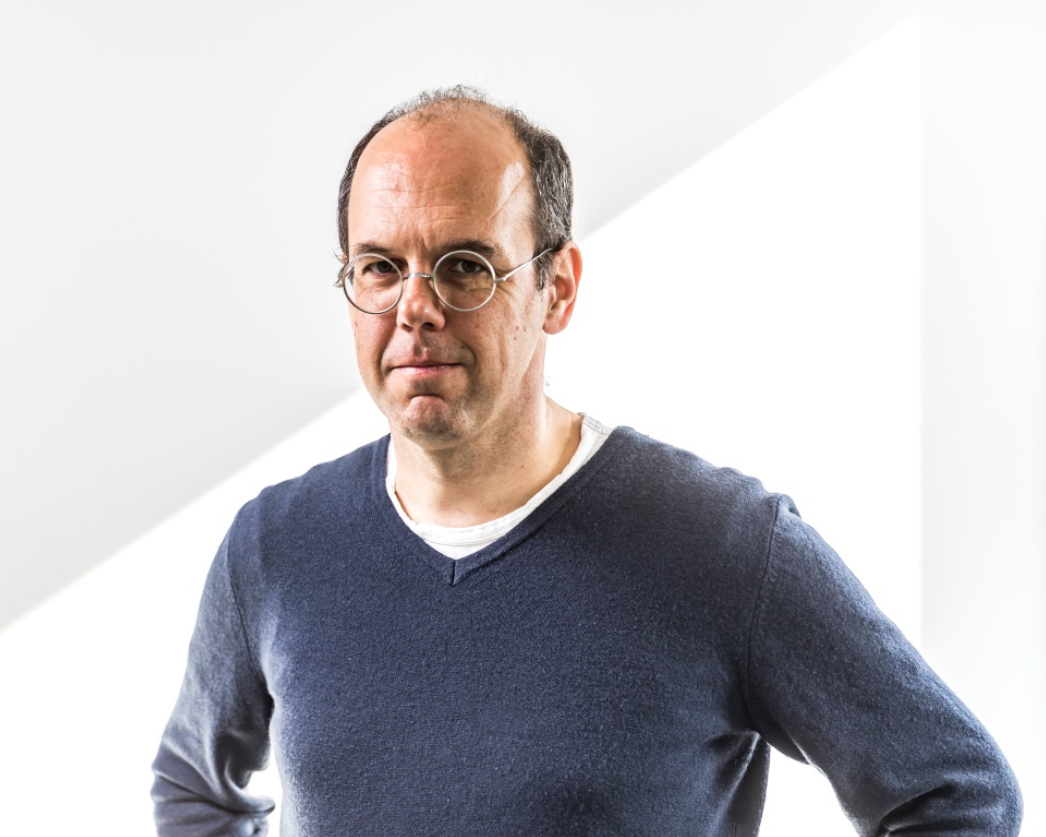Insider Brief
- In a recent interview, Tommaso Calarco said quantum computing has the potential to revolutionize materials science, chemistry and drug discovery by simulating molecular behavior with high precision.
- Despite its promise, he believes, significant engineering challenges, such as scaling up qubits while maintaining quality, must be overcome to realize practical quantum computers.
- Quantum communication offers a secure alternative to current encryption methods, addressing cybersecurity concerns posed by quantum computing’s capabilities.
Quantum computing stands poised to transform industries and push the boundaries of computational power. In a recent interview, Tommaso Calarco, a leading expert in the field and a quantum physics professor at the University of Cologne and at the University of Bologna, shared his views into the current state and future potential of this groundbreaking technology.
Calarco stressed the fundamental difference between quantum and classical computers, explaining that quantum computers can explore multiple possibilities simultaneously. However, he cautioned against overhyping their capabilities: “We should be very careful from the beginning that it does not mean that we can use a quantum computer for solving in parallel any possible problem.”
One of the most promising applications of quantum computing lies in the realm of materials science and chemistry.

“We can structure, we can put together, we can combine the qubits in a way that mimics, that reproduces how you know the elements in a material or the atoms in a molecule are combined and, in this way, predict, reproduce what is the behavior of these materials or chemicals,” said Calarco. This capability could revolutionize drug discovery, materials engineering, and chemical manufacturing processes.
Despite the immense potential, significant challenges remain. Calarco pointed out: “We need a very large number of qubits to keep the necessary quality of the coupling between the qubits, while we are enhancing the number of qubits is a very big engineering challenge.” Overcoming these hurdles will be crucial for realizing practical quantum computers.
When asked about the impact on cybersecurity, Calarco offered a reassuring perspective. While quantum computers could potentially break current encryption methods, he explained that quantum communication, specifically the use of single photons to establish cryptographic keys, can overcome security challenges because this method cannot be broken by a quantum computer.
Looking to the future, Calarco sees quantum computing making its most significant initial impact in specific industries.
“As far as we can tell at the moment the biggest benefit will be for chemical industry and materials industry in the sense of developing new materials and chemicals with the aid of quantum computer supported more specifically Quantum simulation design,” he said.
While the full potential of quantum computing is yet to be realized, its development is already driving innovation across multiple disciplines. As research continues and challenges are overcome, we may be on the cusp of a new era in computational power, with far-reaching implications for science, industry and society as a whole.
Featured image: Credit: Forschungszentrum Jülich

















